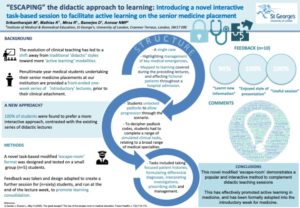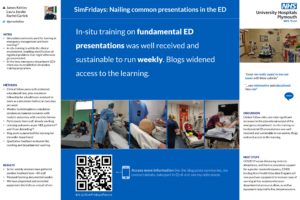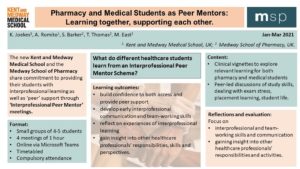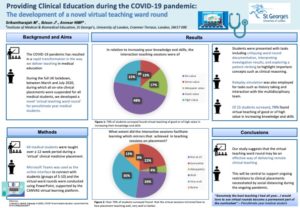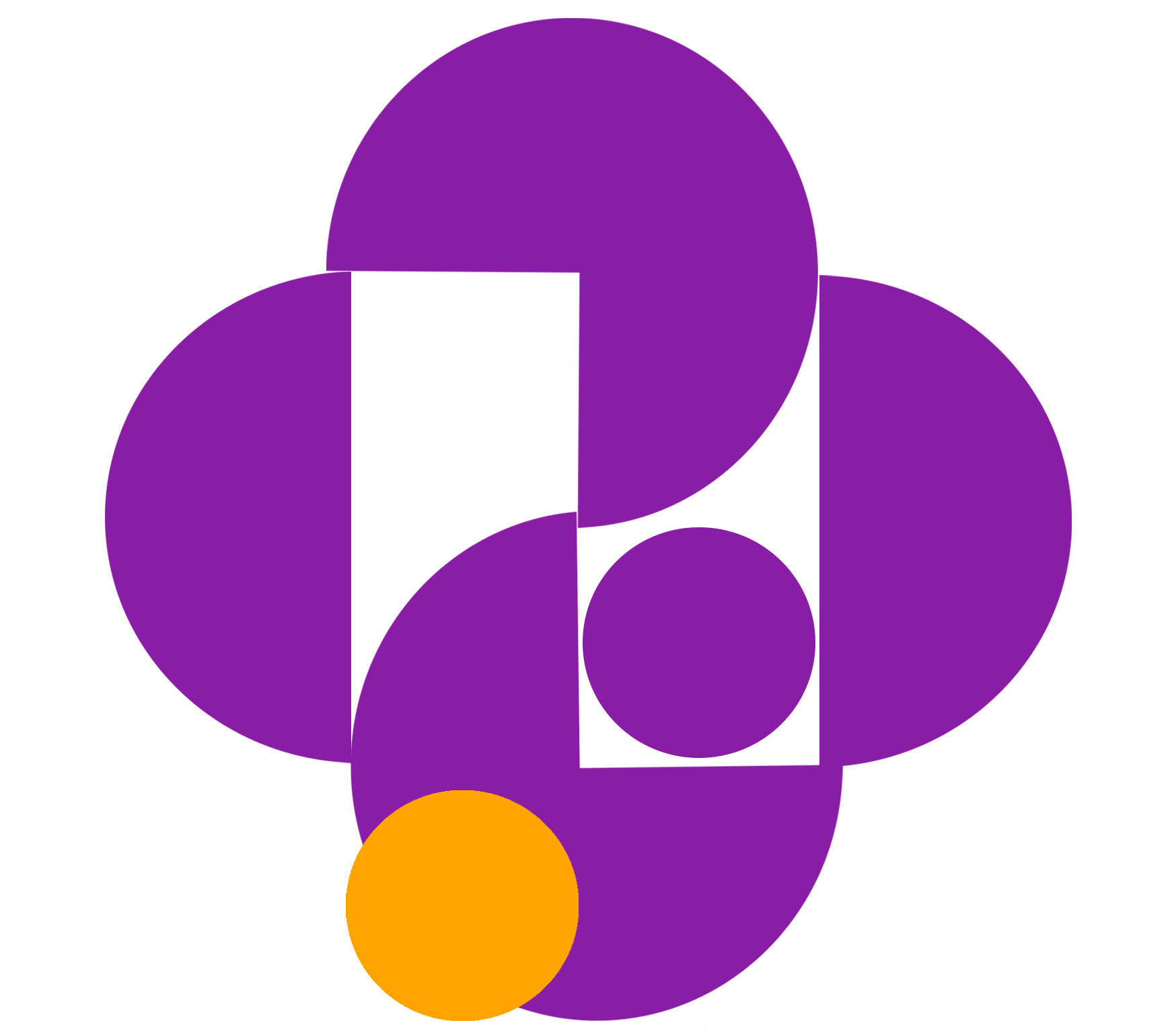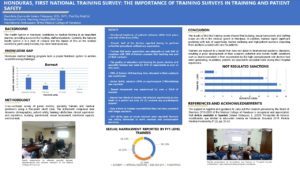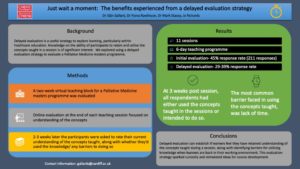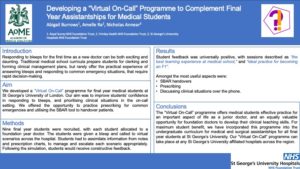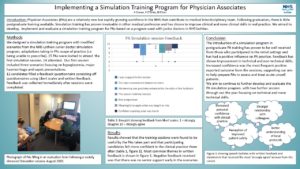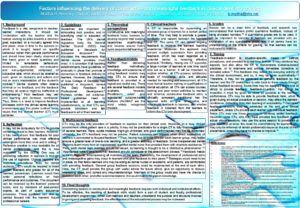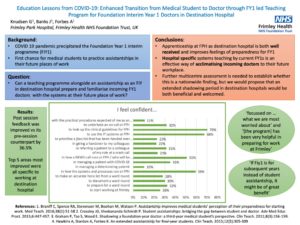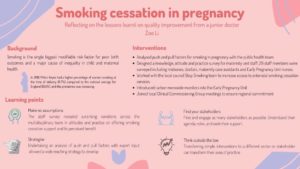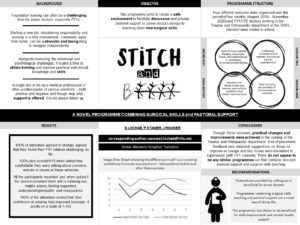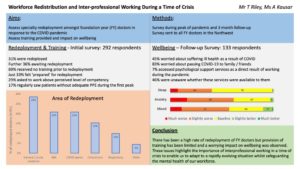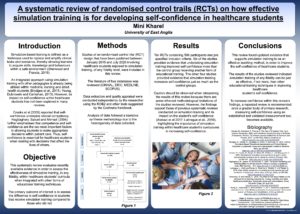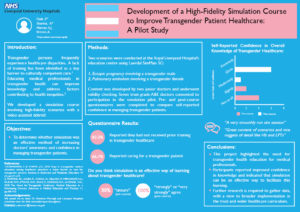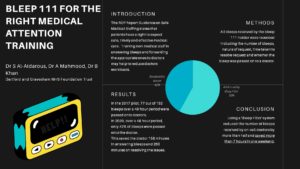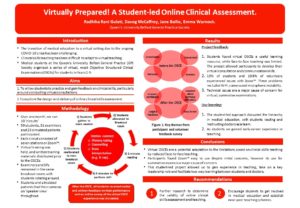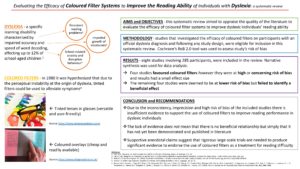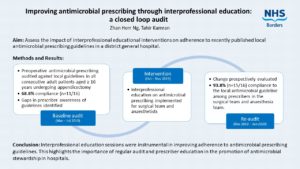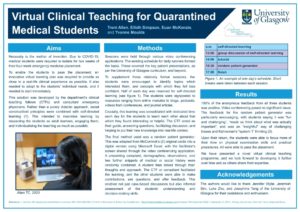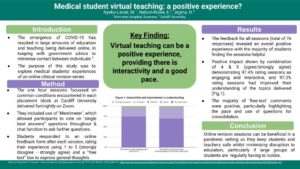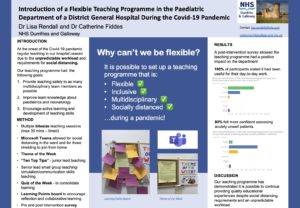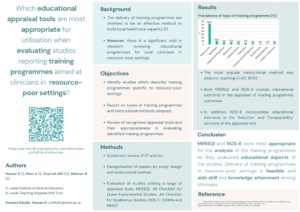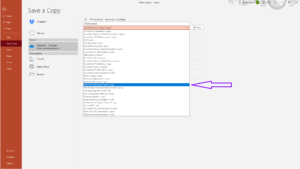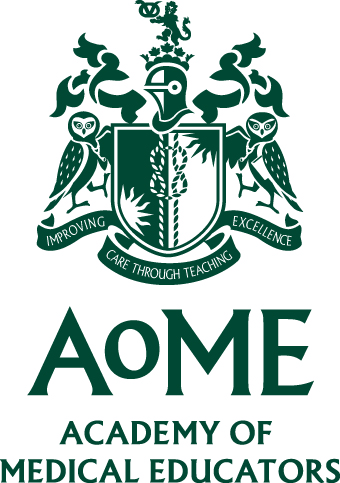“Escaping” the didactic approach to learning
The evolution of clinical teaching has led to a shift away from traditional ‘didactic’ styles toward more ‘active learning’ modalities. We developed a modified ‘escape-room’ which served as a popular and interactive method to complement didactic teaching sessions.
Exploring interprofessional learning between physician associate and medical students
This study is looking into learning behaviours and engagement of medical and physician associate (PA) students in shared learning environments. In this poster we have focussed on the perceptions of each group of students and summarised key themes, highlighting some of the strengths and challenges of these two professions sharing a learning environment.
This new scheme, introduced early in students’ programmes, aims to foster team-working and mutual respect, through interprofessional learning about approaches to clinical care as well as shared practice of study skills and university life.
ka**************@km**.uk
Honduras First National Training Survey: The importance of training surveys in training and patient safety
Twitter @jhiamluka
E: jh****@gm***.com
This work highlights the benefit of a delayed evaluation strategy for educational programmes designed for clinical workers. Information can be gained on knowledge retention and barriers to implementing skills- both useful for course development.
Developing a ‘Virtual On-Call’ Programme to Complement Final Year Assistantships for Medical Students
This poster highlights the benefits of the “Virtual On-Call” for final year students in preparing them for F1. It also addresses the issue of making these individual projects sustainable by adapting them into the medical school curriculum.
Ab*************@nh*.net
Factors influencing the delivery of constructive and meaningful feedback in clinical dentistry training
Receiving meaningful and constructive feedback can help learners’ traverse from their actual performance to a desired performance. My research explores the area of feedback within clinical dental education. It draws upon general literature, current guidelines and my own experiences.
b.*****@nh*.net
Smoking cessation in pregnancy
The key to success in a challenging quality improvement project was engaging as many stakeholders as possible, reaching out beyond the healthcare sector. Bridging across different teams transformed the strategy and interventions delivered.
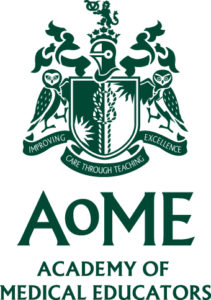

The COVID-19 pandemic has placed immense pressure on healthcare systems. This study explores the manner in which NHS staff were managed with a focus on specialty redeployment, inter-disciplinary training and impact on staff wellbeing
| A Systematic review of randomised control trials (RCT) on how effective simulation training is for developing confidence in health care students for clinical practice.
Kharel, M |
 Project title: Development Of A High-Fidelity Simulation Course To Improve Transgender Patient Healthcare: A Pilot Study
Project title: Development Of A High-Fidelity Simulation Course To Improve Transgender Patient Healthcare: A Pilot Study
Dale E*, Sharma A*, Mercer SJ, Brown A
A short note explaining why topic is relevant to interprofessional educators:
The lack of appropriate education regarding the needs of transgender patients is well evidenced. Simulation offers a uniquely interactive way to improve clinical knowledge and communication skills. The success of our pilot has relevance for educators across multiple healthcare professions to promote equality & diversity and improve transgender healthcare.
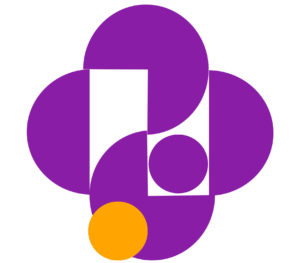
Bleep 111 for the Right Medical Attention
We demonstrate that using a bleep filter, in a multi-disciplinary approach to an on call, reduces the workload by more than a half and allows us to deliver safer and more effective care to patients, whilst maintaining the wellbeing of staff.
‘‘Can you hear me?’’: a student-led adaption of objective structured clinical examinations (OSCEs) to the virtual setting
Gulati R, McCaffrey D, Bailie J, Warnock E
Improving antimicrobial prescribing through interprofessional education: a closed loop audit
The role of interprofessional education on antibiotic prescribing in a district general hospital

Interactive virtual teaching can increase opportunities for interprofessional education (IPE). Interactivity can be created by use of polling software and a “group chat” function. This could be further developed in an IPE context by using breakout rooms.
@ellennelsonrowe
Our innovative teaching programme incorporated a variety of bitesize teaching sessions to ensure that all members of the paediatric MDT could participate in high quality learning experiences despite the challenges of the Covid-19 pandemic. By being flexible we feel we have developed an inclusive and enjoyable teaching programme and hope that our poster may help others to do the same.
Ca**************@gg*.uk
Which educational appraisal tools are most appropriate for utilisation when evaluating studies reporting training programmes aimed at clinicians in poor resource settings?
“Inter-professional educators can add value by exploring the contexts, gaps, opportunities and priorities to inform future training programmes in resource-poor settings”.

Guidance
How to get the most from your poster
Congratulations on having your poster accepted! Please find here a bit of guidance to preparation and final format.
A poster is an illustrated abstract of your work. It should stand out and have clarity. This idea is often lost at academic meetings with researchers keen to show off all of their work in one small space. Save us! Tell us one key thing you found. The links below are to guidance around preparing a 1st class poster.
Size guidance
Once you’ve planned your poster we need it no wider that 1024 pixels or 27cm. A standard LANDSCAPE powerpoint slide is the best template for this. When you’re done, please save it as a jpg (see image left) and send it to Aome in**@me**************.org by Friday 1st January.
Checklist
- Enough negative space?
- Reads well?
- Looks catchy? It should be an “illustrated abstract!”
- Right format? we want a landscape jpg. no bigger than A4
“A good poster should be an illustrated abstract- not too much info and maximum impact. Keep your audience interested and engaged with what you want to say!”

Mim Leach
WBYHT lead team

